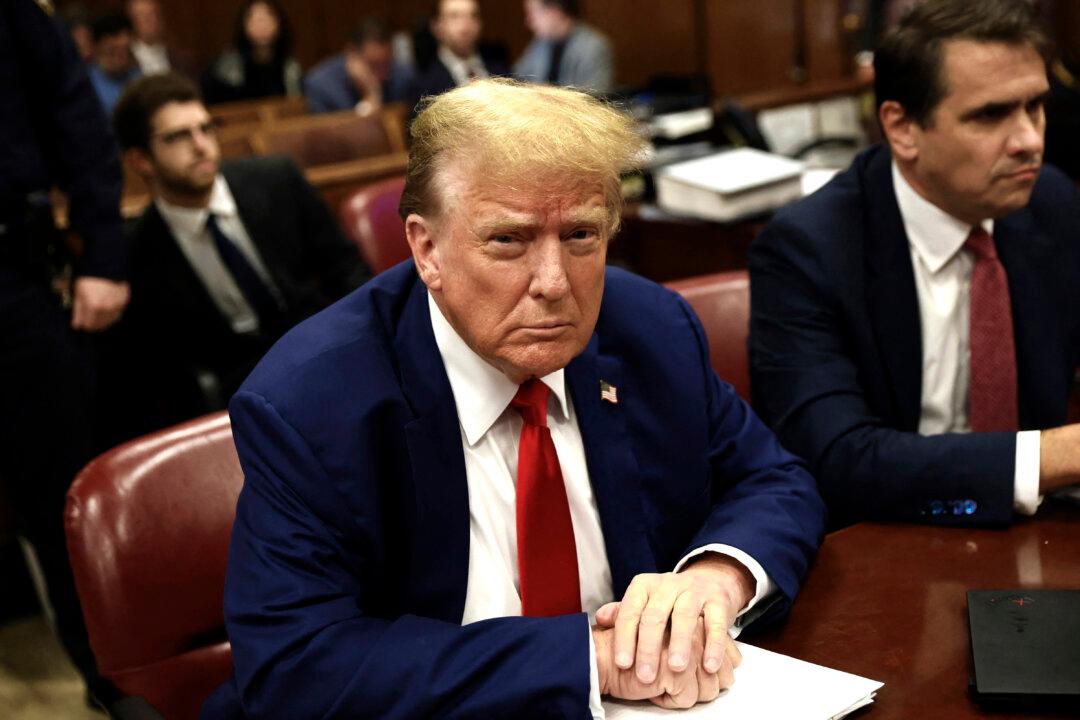After four weeks in court, prosecutors signaled that the first-ever criminal trial of a former American president will be coming to an end.
Former President Donald Trump was charged by the Manhattan District Attorney with 34 counts of falsifying business records, normally a misdemeanor charge, but in this case prosecutors allege the records were created to cover up a scheme to influence the 2016 election and therefore constitutes a felony.






